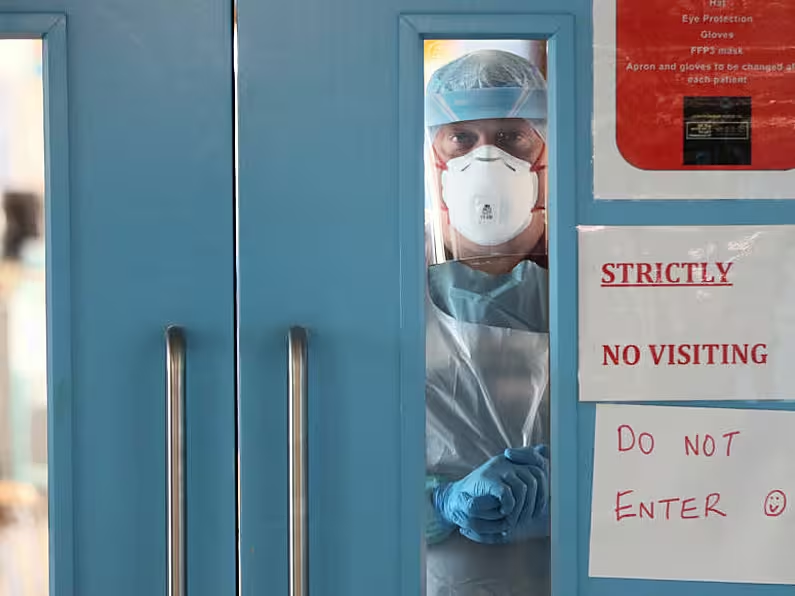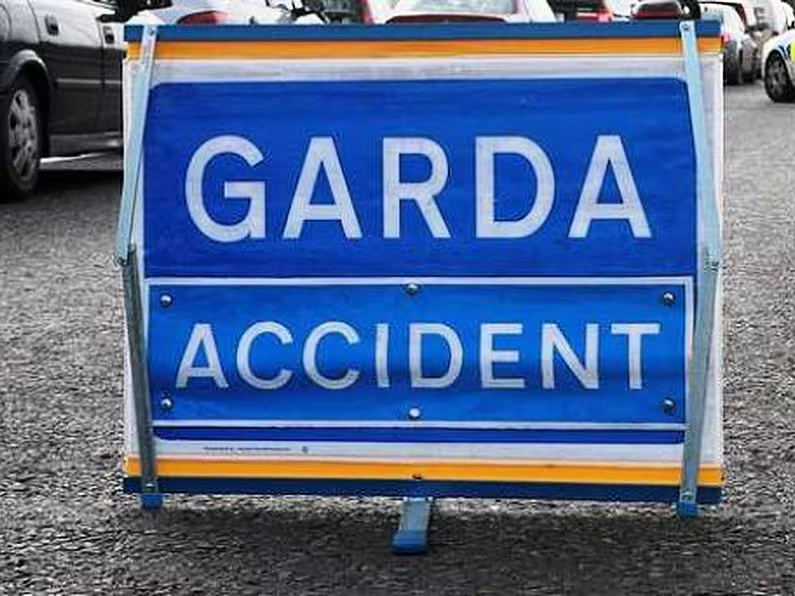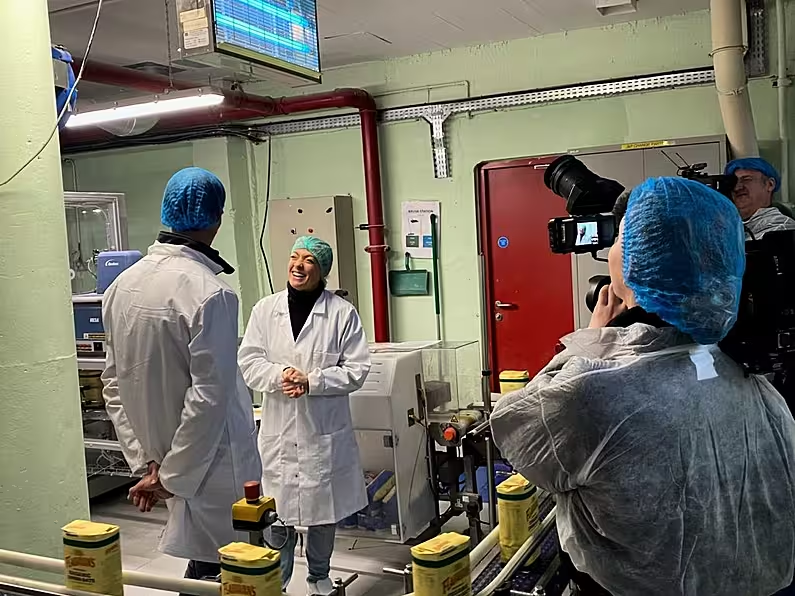The Department of Health has provisionally reported a further 23,281 new cases of Covid-19. If confirmed it will be the highest daily total since the pandemic started.
As of 8am on Saturday morning, 656 patients were in hospital with Covid-19, of which 85 were in ICU.
"Given the current high incidence, the daily case number is based on positive SARS-CoV-2 results uploaded to the HSE COVID Care Tracker the preceding day. These data are provisional," the department said in a statement on Twitter.
The @hpscireland has today been notified of 23,281* confirmed cases of #COVID19.
As of 8am today, 656 COVID-19 patients are hospitalised, of which 85 are in ICU.— Department of Health (@roinnslainte) January 1, 2022
Pressure on the health system is growing amid the rising case numbers. On Saturday, the Mater Hospital in Dublin issued an appeal to the public to avoid its emergency department (ED).
As reported in the Irish Times, a combination of Covid-19 admissions, high levels of staff off duty as a result of the virus and a high number of presentations to the emergency department has caused significant delays at the Dublin hospital.
In a statement, the hospital said: “Where possible, the Mater advises patients with non-emergency conditions to seek assistance from other parts of the health service such as minor injury units or their GP.
“However, any patient who is in need of emergency hospital care will of course be seen and the Mater would urge such patients not to delay and to seek such care.
“We apologise for any inconvenience this causes to the public and thank them for their understanding and cooperation.”
'Blurred guidelines'
As cases continue to rise, Minister for Health Stephen Donnelly has denied that the new Covid-19 testing and close contact measures are confusing.
As reported in the Irish Examiner, Mr Donnelly's comments come despite warnings from health experts that the updated guidelines are “blurred”.
Medics now fear that long delays for access to PCR testing, coupled with the new guidance that people under the age of 40 should have a positive antigen test before getting a PCR, will cause people to lose patience and not follow guidance to self-isolate.
The Minister for Health admitted that Government policy on visits to other homes is now at odds with public health advice. This follows a warning from the chief medical officer Dr Tony Holohan for people to cut back socialising amid New Years celebrations.
As Covid cases rise remember there are a number of things you can do to reduce your risk of getting/spreading Covid. ✅ Avoid crowded settings/spaces ✅ Reduce your contacts ✅ Get your booster ✅ Use antigen tests
✅ Wear masks ✅ Ensure indoor spaces are well ventilated— Stephen Donnelly (@DonnellyStephen) December 30, 2021
With a further 20,110 confirmed cases on Friday, Dr Holohan said that meeting indoors with other households was "simply not safe".
Although Mr Donnelly agreed with the warning from Dr Holohan, he confirmed current Government policy, which still allows up to four households to meet together, remains in place.
"Government policy, as you'll be aware, was last agreed on December 22nd, and Government policy is that there should be a maximum of three other households.
"I think Dr Holohan is correct," he added.
"There is a genuine concern around super-spreader events. People should to the greatest extent possible reduce the other households that they meet indoors."
According to the Minister for Health, people with a positive antigen test can now register their close contacts on an online portal.
"Anyone can now self-register online on HSE and upload your close contacts," he said.
Despite this, there was some confusion on Friday after the HSE indicated it was still working on operationalising this portal.
The health service also said it was still working on the provision of antigen tests to those between the ages of three and 40 who show symptoms.
"Anyone who has a positive antigen test should continue to self-isolate and book a PCR test online with the HSE. If their PCR is positive, this will confirm their diagnosis, and they will be reported in case statistics and included in contact tracing as usual," a HSE spokesperson said.
"Those with a positive PCR test are requested to upload their close contacts details."
Dr Eoghan de Barra, spokesman for the Infectious Diseases Society, said it was not “appropriate use” of testing for people to need a PCR test result to confirm a positive antigen result.
According to Dr de Barra, the new guidelines are “blurred” when there needs to be clarity. The infectious diseases expert said PCR testing should be “freed up” for those who cannot do an antigen test or who are symptomatic despite a negative antigen test.













